 Last Sunday evening, I attended an eye-opening lecture and slideshow of the "Breaking the Silence" organization, which Meretz USA was proud to co-sponsor at a synagogue in Brooklyn, NY. Our speaker was Dotan Greenvald, a wonderful, soft-spoken 25 year-old from the Haifa Bay area, who had grown up in the HaNo’ar Ha’Oved socialist-Zionist youth movement.
Last Sunday evening, I attended an eye-opening lecture and slideshow of the "Breaking the Silence" organization, which Meretz USA was proud to co-sponsor at a synagogue in Brooklyn, NY. Our speaker was Dotan Greenvald, a wonderful, soft-spoken 25 year-old from the Haifa Bay area, who had grown up in the HaNo’ar Ha’Oved socialist-Zionist youth movement.
For those who don’t know, "Breaking the Silence" (or "BTS" for short) is a group of IDF veterans who coalesced in 2004 in the wake of their service in Hebron and elsewhere in the occupied territories. These recently-discharged vets, in their early 20s, wanted desperately to tell Israeli society, and the broader Jewish world, what they had just witnessed and experienced first-hand: The damage that Israel’s military rule is wreaking on both Palestinian society and on the Israeli citizen-soldiers who are compelled to maintain it.
Dotan gave a powerful presentation, illustrating in words and pictures, how – out of a need to maintain both sanity and safety – he and his fellow soldiers gradually became indifferent, "numb" as he said elsewhere, to the suffering they were causing Palestinian civilians. Dotan exposed the audience to an impossibly complex reality, in which kids, just out of high school, are forced to walk a tightrope between the IDF’s orders, their own moral code, the demands of Israeli society for security, and the need to get through their service in the "shtachim" (territories) in one piece.
Overwhelmed by pressure, he reported, the clarity of the soldier’s ethical vision quickly becomes blurred, until "right" and "wrong" become almost indistinguishable, and small violations of Palestinian dignity pave the way for ever larger ones. Some soldiers have even conceded to Dotan that they became "addicted" to the feeling of power that they wielded over the occupied population.
Dotan also echoed remarks that we have heard from other Israeli human rights groups, such as Machsom Watch and Gisha, calling attention to the fact that the deployment of Israel’s military apparatus in the West Bank is much more about protecting the settlers than about maintaining the security of those Israelis living within the country’s borders.
Dotan and his comrades-in-arms were in Hebron to protect the small group of Jewish settlers who have imposed themselves on the city’s Palestinian population, not to protect my friends in the Galilee, Tel Aviv, Jerusalem and the Arava. Other soldiers man hundreds of roadblocks deep within the West Bank, not to prevent the infiltration of terrorists into Israel, but to ensure the motor traffic of the settler community, as they move between authorized and unauthorized outposts.
Which brings me to the one point on which I would differ with Breaking the Silence – the organization’s reluctance to state plainly and officially that they are against the occupation. Dotan explained that his group is about raising questions, about exposing people to the moral dilemmas of occupation. But as the occupation deepens its grip, as Israeli-Palestinian violence continues to expand its reach with every new action and reaction, as the hatred becomes passed to the next generation, Israel needs these young men and women not only to prod and provoke, but to lead the way and say: The occupation must end. It is destroying Palestinian society and undermining our own.
This past week, we saw how powerful pressure groups in Israel – this time the Shas party – are creating the settlements that Dotan and his friends are forced to defend. Riding roughshod over the renewed peace talks and risking Israel’s international standing, Shas threatened to secede from the Olmert government if the Prime Minister did not agree to renew construction in the settlement of Givat Ze’ev, southwest of Ramallah. Olmert’s compliance, a violation of Israel’s obligations, has only whet Shas’ appetite, and the party is now vowing to press for more.
Breaking the Silence offers an incomparable critique of the corrosive effects of the occupation. But the occupation, and the settlement enterprise that it supports, needs to be condemned in words that leave no room for doubt. Those opposed to the occupation need to push back.

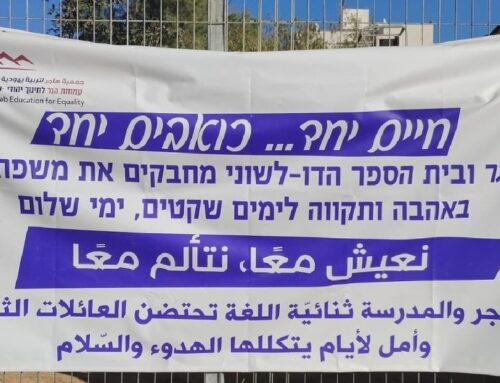
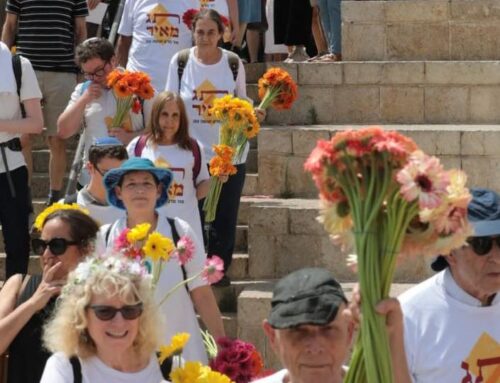
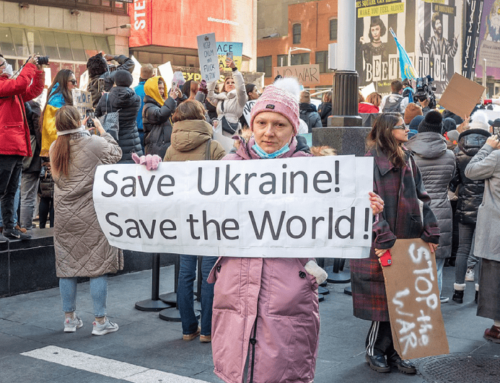
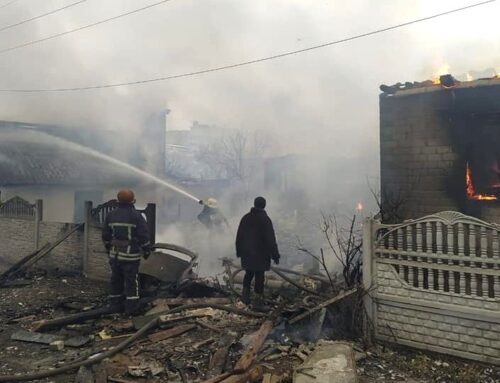
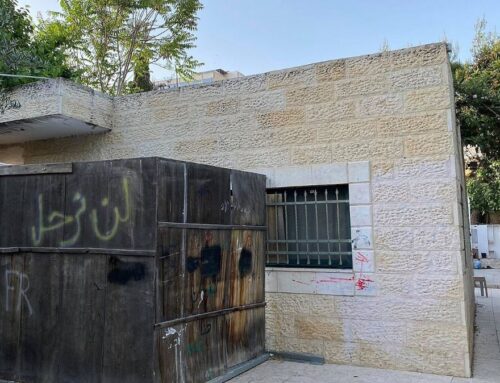
Leave A Comment